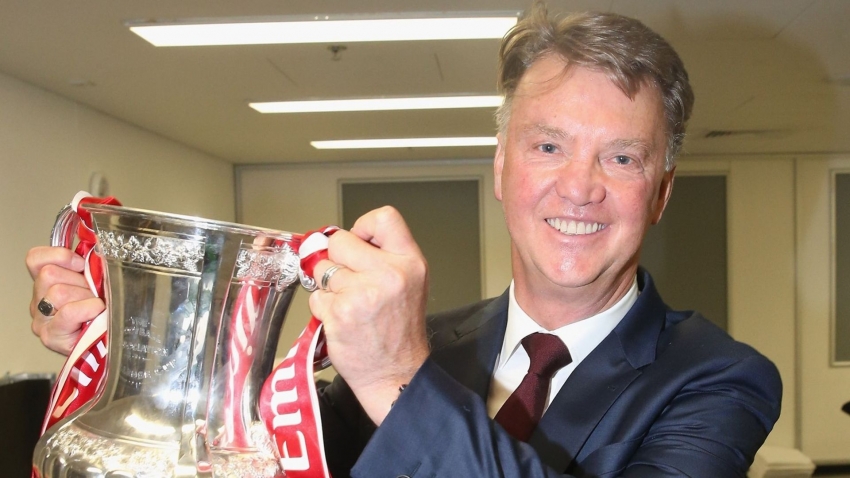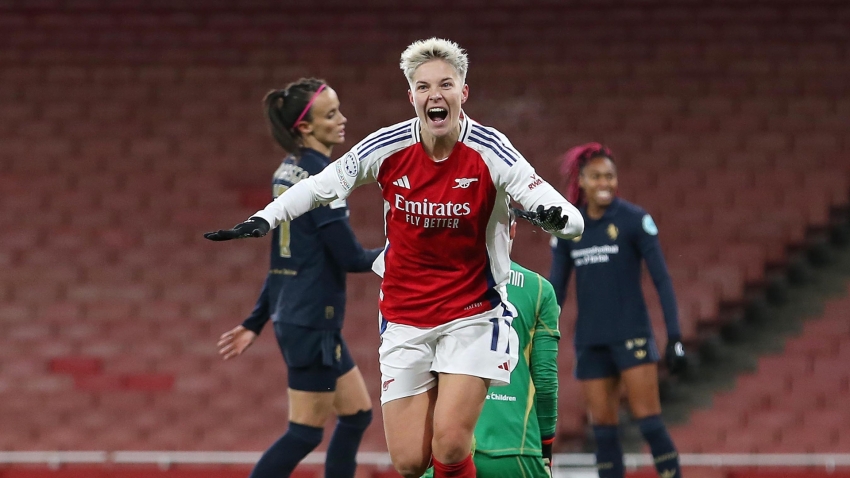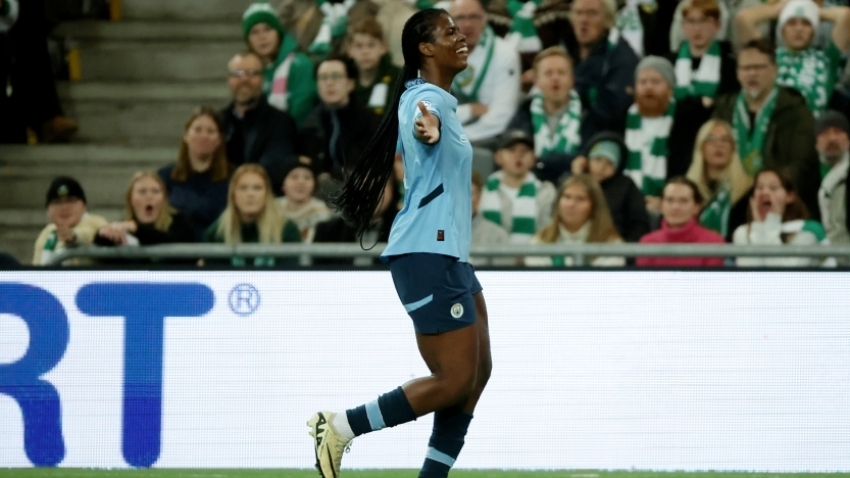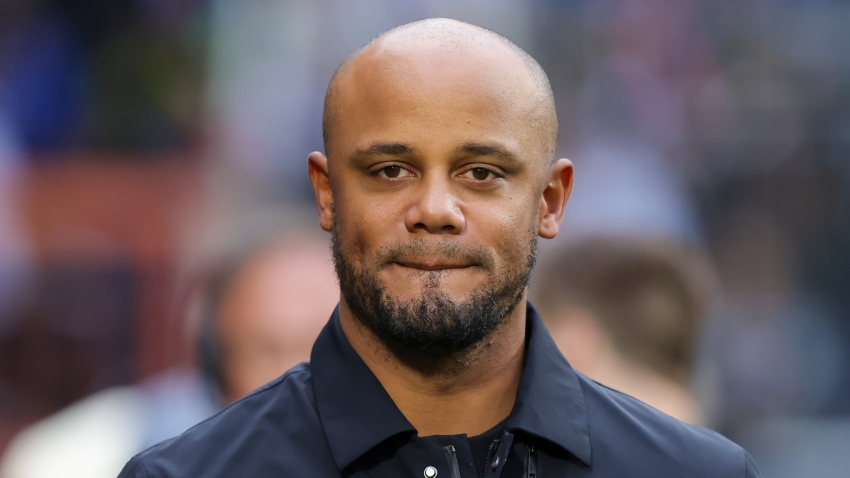Pep Guardiola will be Manchester City manager for at least two more seasons after 2024-25, after he signed a two-year contract extension on Thursday.
The 53-year-old was coming to the end of his City deal, which was due to expire at the end of the current campaign, but he has opted to remain at the Etihad Stadium.
The deal itself will take Guardiola's tenure at the club to over a decade, making him City's longest-serving manager since Les McDowall in 1963.
There had been suggestions that he may leave at the end of the season following the announcement that director of football Txiki Begiristain was on his way out.
Guardiola was strongly linked with the England job after Gareth Southgate resigned in the wake of their Euro 2024 final defeat, but the Football Association appointed Thomas Tuchel last month.
“Manchester City means so much to me," Guardiola said. “This is my ninth season here; we have experienced so many amazing times together. I have a really special feeling for this football club.
“That is why I am so happy to be staying for another two more seasons.
“Thank you to everyone for continuing to trust and support me – The Owner, The Chairman Khaldoon, Ferran, Txiki, the players and, of course, the fans… everyone connected to Manchester City. It has always been an honour, a pleasure and a privilege to be here.
“I have said this many times before, but I have everything a manager could ever wish for, and I appreciate that so much.
“Hopefully, now we can add more trophies to the ones we have already won. That will be my focus.”
Having been appointed in 2016, Guardiola is by some distance Manchester City's most successful manager of all time, having won 18 major trophies during his time at the club.
That list includes their first-ever Champions League triumph in 2023 and six Premier League titles, including an unprecedented four on the spin.
He also boasts a 72.04% win percentage across all competitions, which is unsurprisingly the highest of any full-time City manager in history.

































